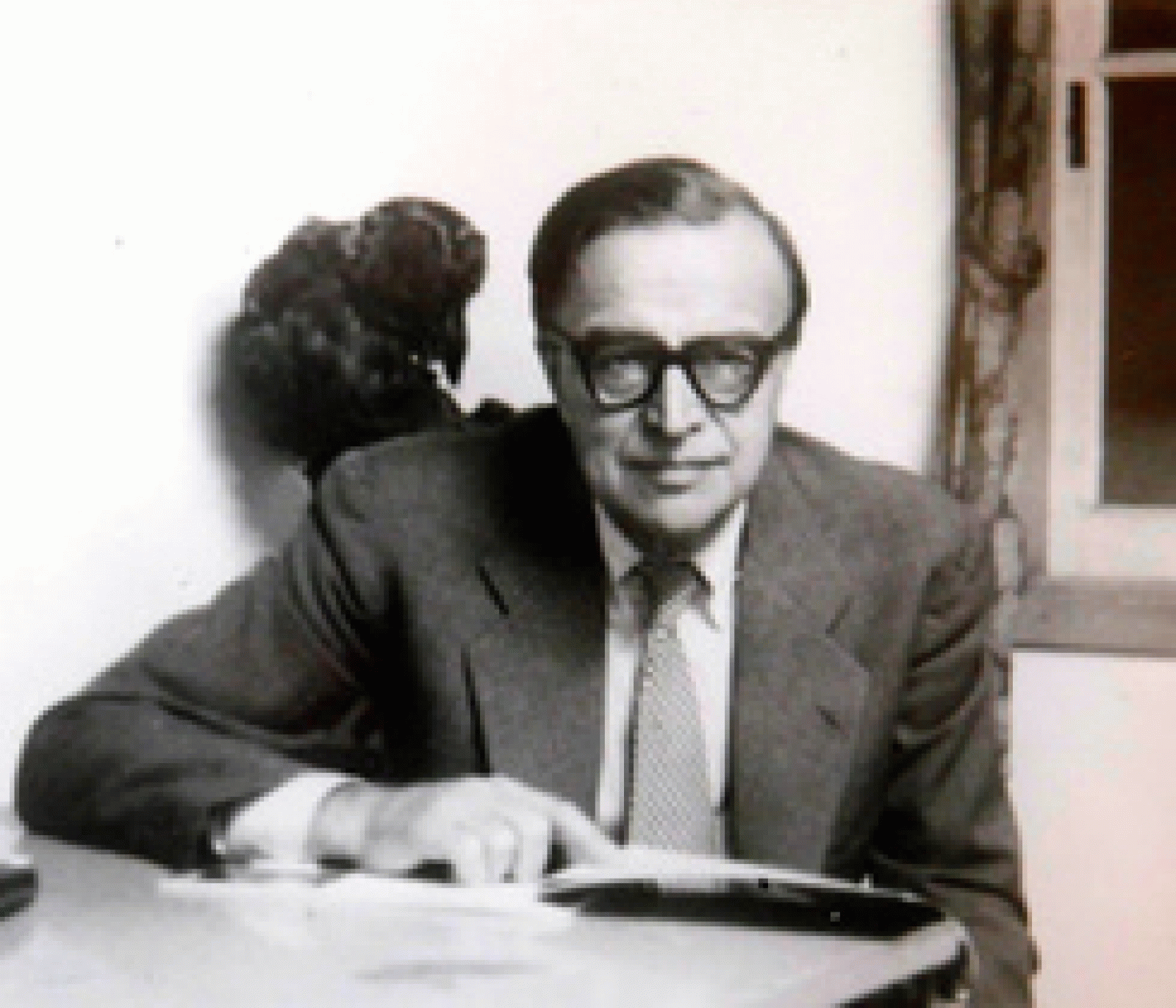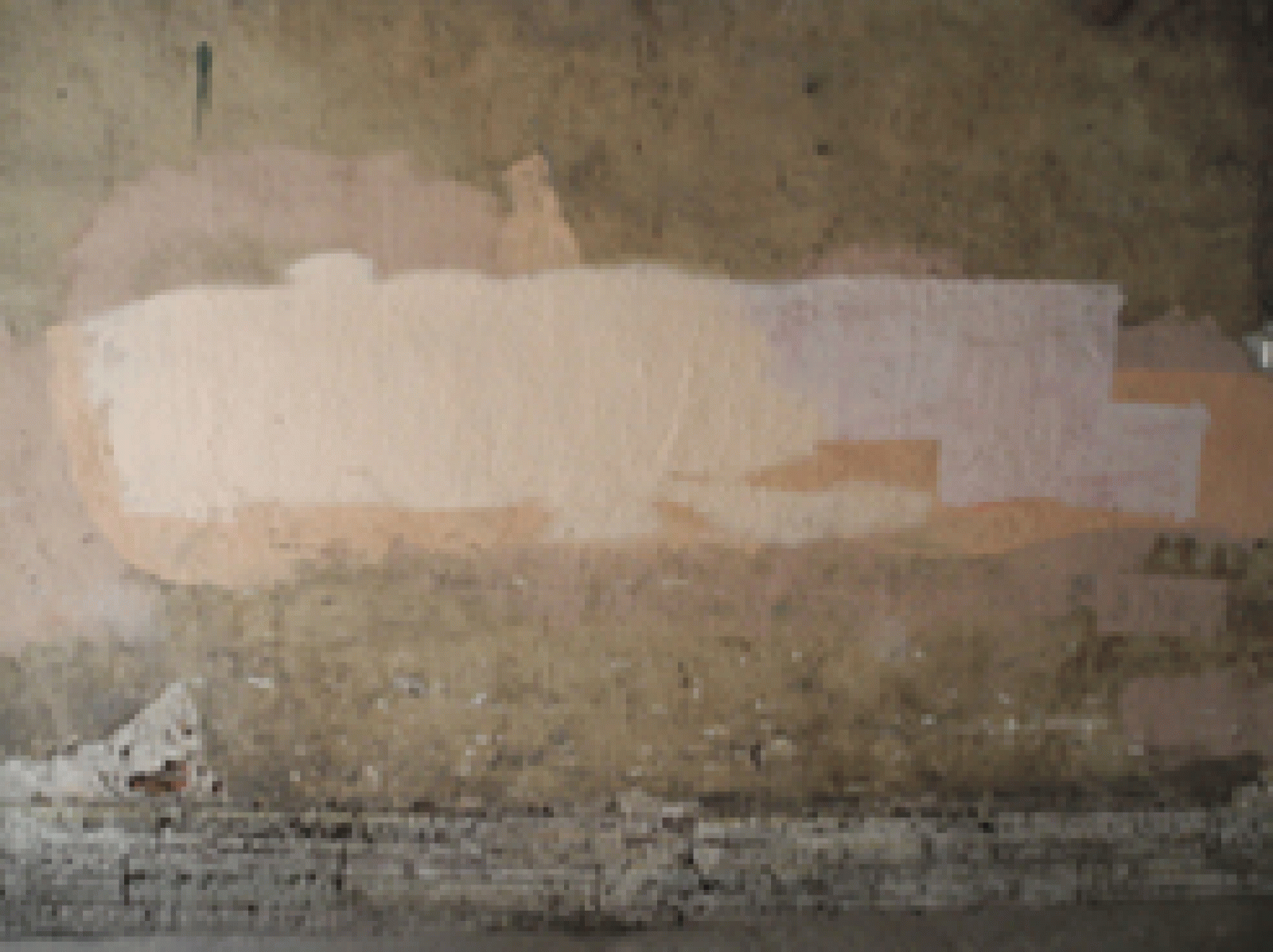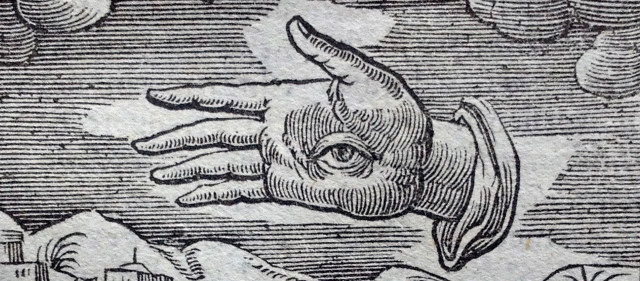Workshop
After the End of History: Archives, Phenomenology, Art (Post-) History
with Boris Groys and Andrea Bellu & Matei Bellu
Organized by the Minerva Research Group "The Nomos of Images", Kunsthistorisches Institut in Florenz - Max-Planck-Institut and the Villa Romana, Florence

Alexandre Kojève, who had a major influence on French post-modern thought as a philosopher and a significant impact on the formation of the European common market later as a bureaucrat, continued in his travel photographs from around the world his reflections about the "End of History". According to Kojève living after the end of history does not imply a paralysis and uncritical acceptance of the political status quo, but the end of the search for a perfect social order. In his last work, the Outline of a Phenomenology of Right (Marseille, 1943) he envisions a universal and homogenous state as a perfected juridical order that regulates all social and economic relations.
In 2012 Boris Groys dedicated an exhibition to Kojève's personal photo and postcard archive. For Groys the philosophers photographic documentation of historical monuments manifests his "faithfulness to the event of history, in the midst of a post-historical reality." Abstaining from a claim to originality Kojève pursued in his philosophical works on Hegel's phenomenology, Groys discerns parallels not to other philosophers but rather to artists like Marcel Duchamp or Andy Warhol. In his photographic works, however, the idea that the direction and sense of history hides beneath events becomes palpable. The pictures of cultural monuments do not eternalize fleeting moments, but disclose historical continuity. The ability to say "no" to reality as it is remains the only criterion for humans to preserve their humanity.
In their "Collections of Trials to Describe Reality" the artists Andrea and Matei Bellu, Villa Romana Fellows in 2017, question hegemonic historical narratives by collecting material traces that are related to national identities and their imagined histories. Their documentation and unfinished archive to what we expect to describe "reality" goes beyond the culturally determined and expectable shapes of different phenomena. Rather, they focus on discontinuities and gaps in historical narratives, looking closer at the everyday. These "trials" remain unfinished attempts, a contingent assemblage of thoughts, or even possibly an accumulation of failures. Every trial figures as a fragment of its own, which remains, however, intrinsically related to the other works. The trials do not only describe a variety of footage, questions, unspeakable conflicts and contradictions; they bear the slipperiness of the present and the absent itself – trying to reclaim forms and meaning where there seem to be none.
The joint workshop with Boris Groys and Andrea and Matei Bellu will discuss the notion of "post-historical realities" and its significance for collecting, documentation and artistic practices today.
Boris Groys is philosopher, art critic, media theorist and curator. He is currently professor of Aesthetics, Art History, and Media Theory at the Center for Art and Media Karlsruhe, as well as Global Distinguished Professor at New York University and had been internationally acclaimed Professor at numerous universities in the US and Europe. His work, situated at the juncture of aesthetics and political theory engages different traditions from French Poststructuralism to modern Russian philosophy, on socialist and postmodern art. His publications include "The Total Art of Stalinism", "Ilya Kabakov: The Man Who Flew into Space from His Apartment,Art Power", "History Becomes Form: Moscow Conceptualism", "The Communist Postscript", "Going Public", and, most recently „In the Flow". Among many other exhibitions he has curated "After History: Alexandre Kojève as a Photographer" in 2012 (Utrecht and Paris).
Andrea Bellu and Matei Bellu are currently Fellows at the Villa Romana. In their films, drawings, texts, and installations they identify gaps and discontinuities in historical narratives and transmit them in a reduced pictorial language. Their work deals with omissions and misappropriation in everyday life. It has been exhibited in the collection of the Museum für Moderne Kunst Frankfurt am Main. In 2016 they participated at "Archive Matters at the Centre for Feminist Research" at Goldsmiths College in London.
Program
Monday, May 22
4:00 pm
Angelika Stepken and Carolin Behrmann:
Welcome & Introduction
Andrea Bellu and Matei Bellu:
Collections of Trials to Describe Reality
Break
6:00 pm
Boris Groys:
Alexandre Kojève: the Sage as Photographer

Downloads
22. Mai 2017, 16:00 Uhr
Kunsthistorisches Institut in Florenz
Max-Planck-Institut
Palazzo Grifoni Budini Gattai
Via dei Servi 51
50122 Firenze
Hinweis
Diese Veranstaltung wird durch Fotografien und/oder Videoaufnahmen dokumentiert. Falls es nicht Ihre Zustimmung findet, dass das Kunsthistorische Institut in Florenz Aufnahmen, auf denen Sie erkennbar abgebildet sein könnten, für die Veranstaltungsdokumentation und Öffentlichkeitsarbeit (z.B. Social Media) verwendet, bitten wir um eine entsprechende Rückmeldung.



